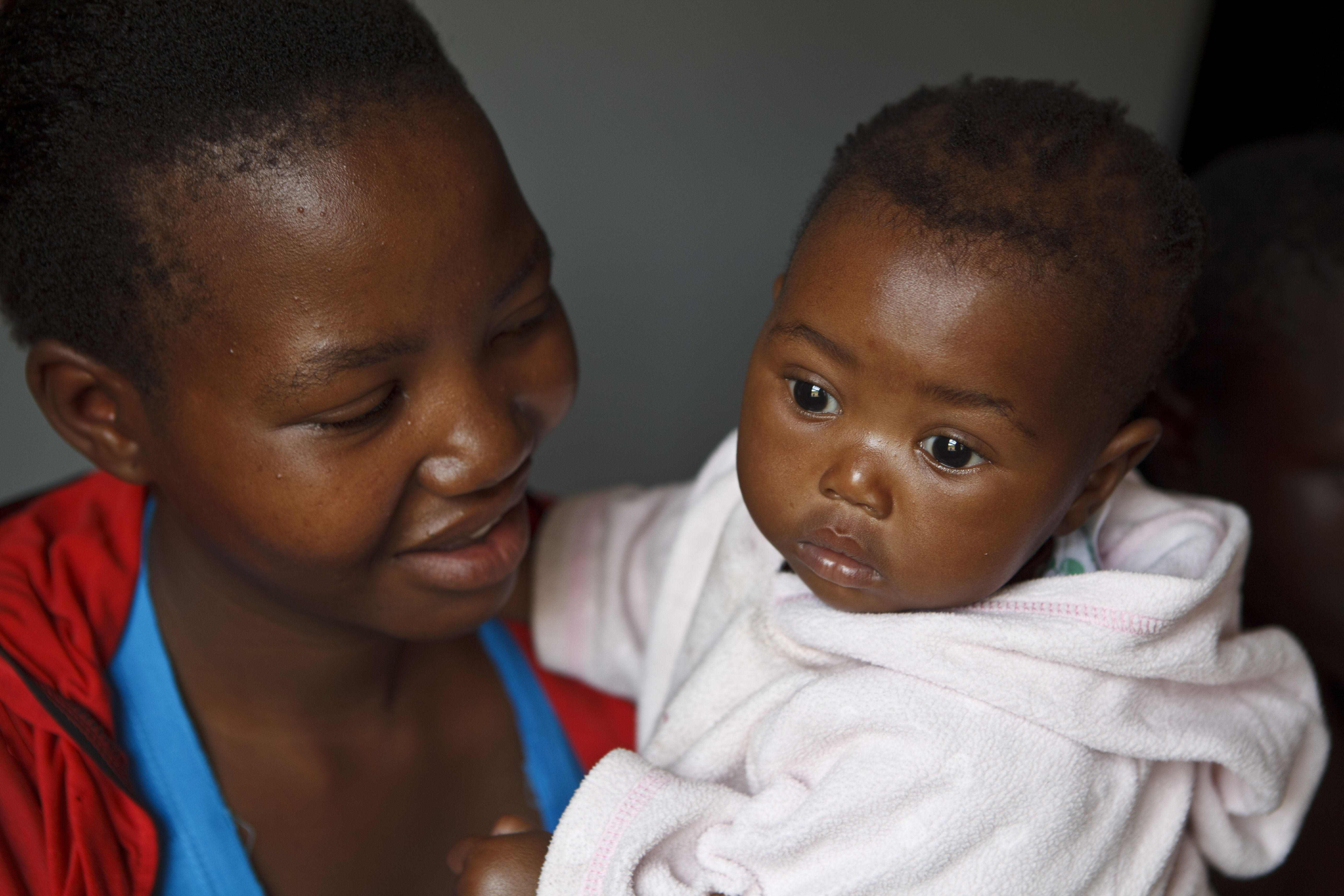The University of Connecticut’s Technology Incubation Program has facilitated a productive connection between TryCycle Data Systems, a digital health company that designs clinician decision support tools, and professor Lisa Butler, a researcher from UConn’s Institute for Collaboration on Health, Intervention, and Policy (InCHIP).
Butler will use a custom platform designed by TryCycle to assess the mental health of pregnant and newly mothering adolescents between the ages of 15 and 19 in Botswana. This research is supported by a grant from the Bill and Melinda Gates Foundation and is conducted in partnership with the Botswana Harvard AIDS Institute Partnership (BHP).
“This project is addressing a major problem of sub-Saharan Africa’s limited capacity for mental health care,” Butler says. “We’re testing the potential effectiveness of using technology that enables us to identify women who need help.”
Every two weeks, participants are prompted by the TryCycle platform to complete the Patient Health Questionnaire (PHQ-2 or PHQ-9), a validated depression screening tool. Based on the screening score, the platform may signal that the facilitators should reach out to the participant. This response starts with a phone call to check in with the participant which may lead to home visits or a referral to a psychologist or psychiatrist.
The platform was primarily developed in North America and Europe, where there is a high level of literacy. To adapt this project to the population in Botswana, the team worked to include English and Setswana, a Bantu language spoken in Southern Africa, as well as audio and images that convey the same information to accommodate all participants.
The platform also provides a list of resources such as websites and videos relevant to pregnant and newly mothering young women. These resources are selected based on feedback from a community advisory group.
TryCycle’s platform was originally designed to collect patient data in real-time and serve as a decision-support tool in traditional outpatient settings. Opportunities such as this collaboration with Butler show how the platform can be expanded in many other contexts.
“The core message is we are not an off-the-shelf solution,” says Kelly Gregoire, TryCycle’s vice president of operations. “We can be customized, and we are scalable to other health populations.”
Butler had previously worked with an academic partner to incorporate similar technology into her research. Working with TryCycle provided her with a different perspective.
“Partnering with a business is faster and it forced me to think about utilizing this kind of technology and how it may be applied more broadly,” Butler says.
Gregoire credits UConn’s Technology Incubation Program for bringing TryCycle and Butler together as they look forward to future collaborations and other applications of this platform including supporting those living with HIV or diabetes and most recently, for COVID-19 remote monitoring and case management.
“Without UConn TIP, this collaboration would not have happened,” Gregoire says. “It’s a very mutually beneficial partnership and it doesn’t stop at the Botswana initiative.”
“This partnership is a prime example of the connections UConn’s Technology Incubation Program creates for high potential companies to work with internationally recognized experts from UConn’s research community,” says executive director of venture develop and UConn TIP, Mostafa Analoui. “They are not only beneficial for economic development in our state; their impact reaches much farther even across the world in Africa.”
Follow UConn Research on Twitter & LinkedIn.
Non-remote work on projects such as the one described above may be temporarily paused due to the COVID-19 pandemic until the University resumes normal operations.



